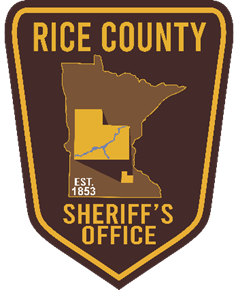 Biological agents are organisms or toxins that can kill or incapacitate people, livestock, and crops. The three basic groups of biological agents are bacteria, viruses, and toxins. Specific information on biological agents is available at the Centers for Disease Control and Prevention web site. Biological agents can be spread by:
Biological agents are organisms or toxins that can kill or incapacitate people, livestock, and crops. The three basic groups of biological agents are bacteria, viruses, and toxins. Specific information on biological agents is available at the Centers for Disease Control and Prevention web site. Biological agents can be spread by:
- Aerosols – biological agents are dispersed into the air, forming a fine mist that may drift for miles. Inhaling the agent may cause disease in people or animals.
- Animals – some diseases are spread by insects and animals, such as fleas, mice, flies, mosquitoes, and livestock.
- Food and water contamination – some pathogenic organisms and toxins may persist in food and water supplies. Most microbes can be killed, and toxins deactivated, by cooking food and boiling water. Most microbes are killed by boiling water for one minute, but some require longer. Follow official instructions.
- Person-to-person – spread of a few infectious agents is also possible. Humans have been the source of infection for smallpox, plague, and the Lassa viruses.
To Prepare for a Biological Threat
- Check with your doctor to ensure all required or suggested immunizations are up to date. Children and older adults are particularly vulnerable to biological agents.
- Consider installing a High Efficiency Particulate Air (HEPA) filter in your furnace return duct.
In the event of a biological attack, public health officials may not immediately be able to provide information on what you should do. It will take time to determine what the illness is, how it should be treated, and who is in danger. Watch television, listen to radio, or check the Internet for official news and information. If you become aware of an unusual and suspicious substance nearby:
- Move away quickly.
- Wash with soap and water.
- Contact authorities.
- Listen to the media for official instructions.
- Seek medical attention if you become sick.
The first evidence of an attack may be when you notice symptoms of the disease caused by exposure to an agent.
If you are exposed to a biological agent:
- Remove and bag your clothes and personal items. Follow official instructions for disposal of contaminated items.
- Wash yourself with soap and water and put on clean clothes.
- Seek medical assistance. You may be advised to stay away from others or even quarantined.
HEPA filters remove particles in the 0.3 to 10 micron range and will filter out most biological agents. HEPA filters will not filter chemical agents. They can be used as part of a central heating/cooling system. If you have a central system in your home with a HEPA filter, leave it on if it is running or turn the fan on if it is not running. Moving the air in the house through the filter will help remove the agents from the air. Stand-alone portable HEPA filters are also available. If you have a portable HEPA filter, take it with you to the internal room where you are seeking shelter and turn it on.
